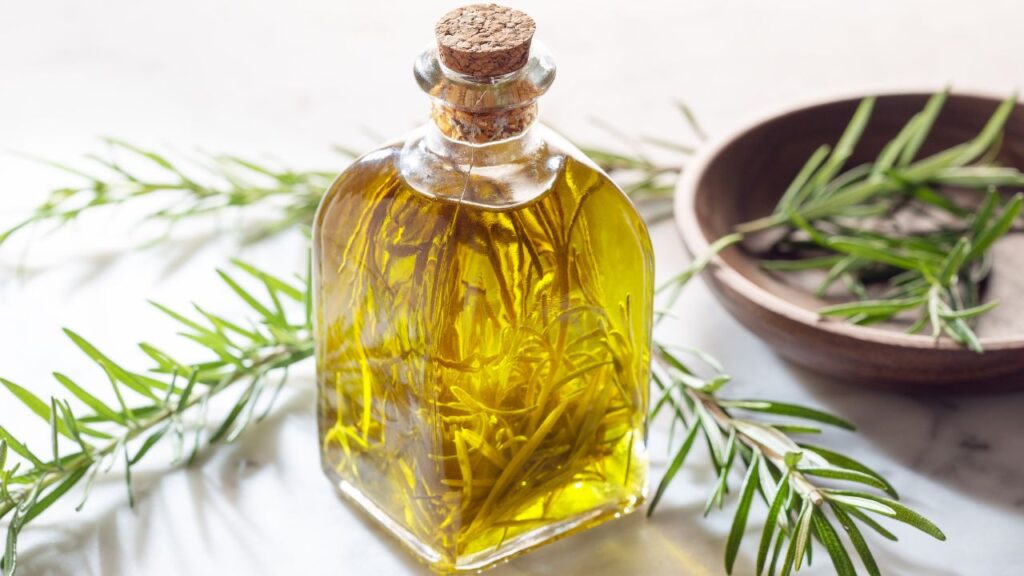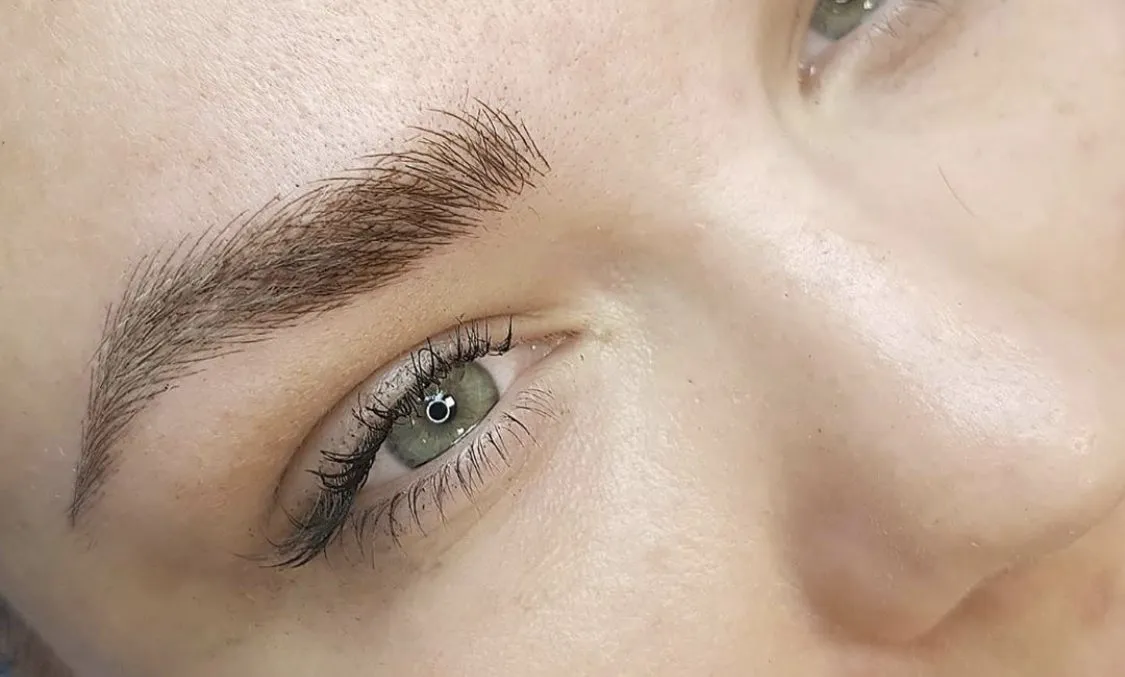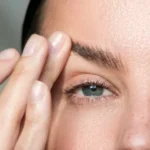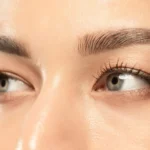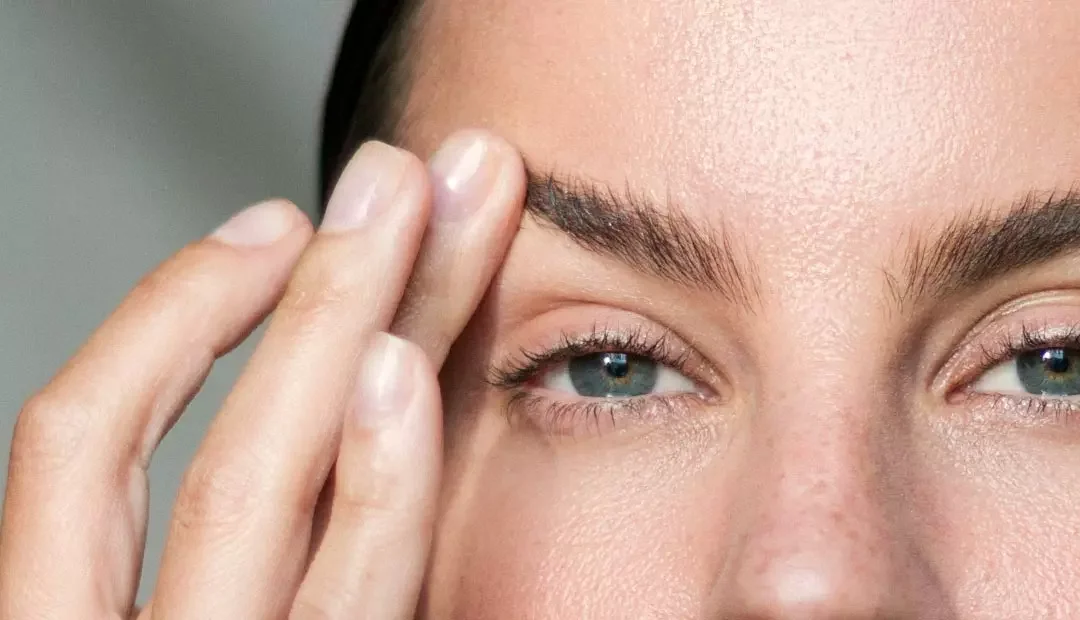The search for effective, natural treatments for hair loss has led to a resurgence in the popularity of traditional remedies, with rosemary oil standing out as a particularly promising option. Extracted from the leaves of the Rosmarinus officinalis plant, this essential oil has a rich history in herbal medicine but is now also being recognized for its potential in addressing hair loss concerns. This article delves into the scientific underpinnings of rosemary oil’s effects on hair growth, supported by research studies, and offers guidance on its application.
Understanding the Mechanism
Rosemary oil’s therapeutic properties are attributed to its rich composition of bioactive compounds, including 1,8-cineole, camphor, and alpha-pinene. These compounds are thought to stimulate hair growth through their antioxidant, anti-inflammatory, and vasodilating effects. The theory is that by improving blood circulation to the scalp, these compounds can nourish the hair follicles, potentially preventing hair thinning and stimulating new hair growth.
The anti-inflammatory properties of rosemary oil may also play a crucial role in hair growth. Inflammation around the hair follicles can lead to hair loss, a symptom often seen in conditions like alopecia areata. By mitigating scalp inflammation, rosemary oil could help create a healthier environment for hair growth.
Research and Studies: Delving Deeper
The study in the Skinmed Journal that compared rosemary oil’s effectiveness with minoxidil 2% is just the tip of the iceberg. Other studies have explored how rosemary oil’s antioxidant properties could counteract the oxidative stress associated with hair loss. Oxidative stress is a condition characterized by an imbalance between free radicals and antioxidants in the body, which can lead to follicle damage and hair loss. The antioxidant activity of rosemary oil might help protect hair follicles from this damage, supporting hair retention and growth.
Another area of interest is rosemary oil’s potential impact on DHT (dihydrotestosterone). DHT is a hormone linked to androgenetic alopecia, as it can shrink hair follicles and shorten the hair growth cycle. Some research suggests that certain compounds in rosemary oil might inhibit the enzyme that converts testosterone to DHT, though more studies are needed to confirm this effect and its significance in treating hair loss.
Practical Advice: Using Rosemary Oil for Hair Care
For individuals considering rosemary oil as a treatment for hair loss, incorporating it into their hair care routine requires some knowledge and precautions. Here are detailed steps and tips for using rosemary oil effectively:
- Dilution Is Key: Pure rosemary essential oil is potent and can cause irritation if applied directly to the skin. Diluting it with a carrier oil (like coconut, jojoba, or almond oil) not only minimizes this risk but also helps in the application. A general guideline is to mix 3-5 drops of rosemary oil with an ounce of carrier oil.
- Application Method: Apply the oil mixture directly to the scalp with a gentle massage, focusing on areas of thinning. The massaging action can further enhance blood circulation, amplifying the oil’s effects. Leaving the oil on the scalp for at least 30 minutes—or overnight if possible—before washing it out allows for maximum absorption.
- Consistency and Patience: As with most natural remedies, consistency is crucial when using rosemary oil for hair loss. Regular application, typically two to three times a week, is recommended. However, it’s important to be patient, as it may take several months to notice significant improvements.
While rosemary oil is generally considered safe for topical use, it’s important to conduct a patch test before full application to rule out allergic reactions. Some individuals may experience skin irritation or redness, especially if the oil is not properly diluted.
It’s essential to approach hair loss treatment holistically. While rosemary oil may offer benefits, its effectiveness can be enhanced when combined with a healthy diet, stress management, and proper hair care practices. Furthermore, for those with underlying health conditions contributing to hair loss, addressing these root causes is paramount.
Rosemary oil represents a natural, accessible option for individuals exploring treatments for hair loss. Its potential benefits, grounded in antioxidant, anti-inflammatory, and possibly anti-androgenic properties, make it a compelling choice for those seeking alternative remedies. However, embracing rosemary oil as part of a broader, integrative approach to hair care, acknowledging its limitations and the importance of patience and consistency, is key to realizing its full potential. As research into rosemary oil and hair loss continues to evolve, so too will our understanding of how best to harness its properties for hair health and regeneration


